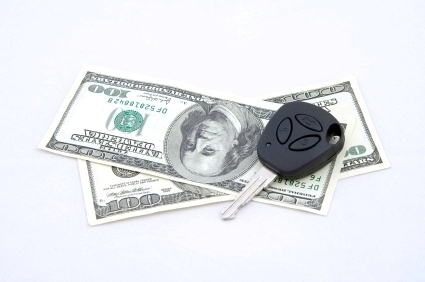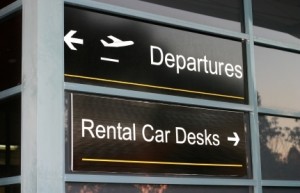Classic Car Insurance And Why You Need It
Why insuring a classic automobile is different from insuring a normal car
Classic car insurance is not the same as run-of-the-mill insurance for older cars. Just like a 1966 Ford Mustang isn’t the same as a 1995 Ford Festiva, classic auto insurance is different.
With older cars auto insurance is usually liability-only. The car is often paid for and there’s no need to satisfy a bank or lien holder with full coverage. Repairing an old beater is usually more trouble than it’s worth.
But classic car insurance is quite the opposite. A classic car is generally not a means of day-to-day transportation. Like temporary car insurance, classic car insurance is unique. For instance, it’s a collectable item with significant intrinsic value. In other words, when insuring a classic car you’re more interested in protecting against material damage than against a liability claim.
When was the last time you saw a Model T in a fender bender, anyway?
Why Classic Car Insurance is Different
Classic car insurance is more interested in material damage than liability. It’s possible to get classic car insurance with no liability coverage at all. Of course, no liability coverage usually means it’s not street legal. But if all you’re going to do is store a collectable car in a garage and unveil it at car shows, it’s not a bad option.
Also unlike most standard auto insurance policies, classic cars are routinely insured for a stated value. That means you’re not referencing blue book values. Owner and insurance company simply agree to an amount to insure the vehicle when the policy is written. As with any valuable item remember: if it’s worth insuring, it’s worth appraising first.
Because of these differences, it’s often not sufficient to insure a classic car with standard auto insurance, even with a generous full coverage policy. Liability is rarely a concern here. Material damage claims on a standard auto insurance policy would be based on blue book or similar values. In the case of a classic car this may be significantly different from the vehicle’s stated or appraised value, and never a difference to the owner’s advantage.
Getting Classic Car Insurance
To qualify for classic car insurance, in most cases the vehicle must be at least 20 to 25 years old and be considered collectable. Some classic car insurers won’t consider certain makes and models even if they meet age criteria. That’s because many vehicles built in the 1970s and 1980s weren’t as well-built as models that preceded them.
Other factors to consider include condition, rarity, historical significance, body style (two-door sports cars are usually considered more collectable than four-door sedans from the same era), and country of origin. One shouldn’t have any problem getting a classic car insurance policy for a 1981 DeLorean, but a 1974 Mercury Comet – even in good condition – may prove to be a challenge.
Classic car insurance can be obtained in one of two ways. First off, you can get it through an endorsement on your existing automobile policy through a standard property and casualty company.
Secondly, you could get it separately through a company that specializes in classic car insurance. Many agents will recommend the latter since classic car endorsements on standard policies tends to be expensive and may leave gaps in coverage. Several companies specialize in classic car insurance. Hagerty is the dominant player in the field.





